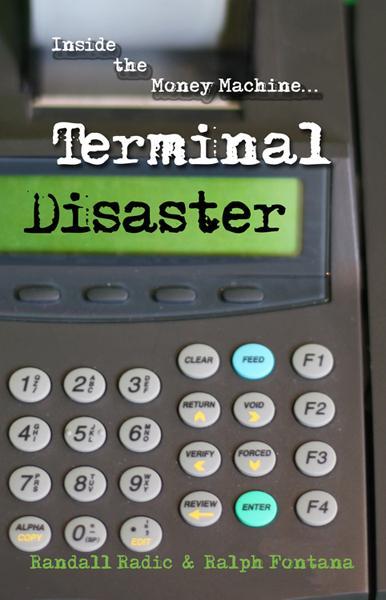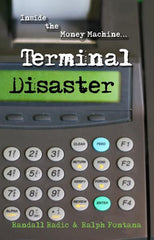by Randall Radic & Ralph Fontana
Every day, millions of Americans stand at store checkout counters and make a decision. After swiping their debit card, they decide whether to punch in their 4-digit PIN or to sign their name. Most of them don't give a hoot how the transaction is processed. The price of their Starbucks double latte is the same either way. Behind that trivial decision, billions of dollars are at stake.
When you sign a debit card receipt at a large retailer, the store pays your bank a fee. If you punch in your PIN, the store also pays a fee. The difference is that when you sign a receipt, the store pays your bank more than twice as much as when you use your PIN.
And that's not all. The store pays other fees too. Every time you swipe your card the merchant pays a processing fee, a transaction charge, and an interchange fee. The interchange fee is approximately 2% to 3% of the total cost of the item or items purchased by the customer. That fee - the interchange fee - goes to either Visa or MasterCard. Visa and MasterCard make money each and every time a debit card is swiped anywhere in the world. So does the bank that issued the debit card. While merchants either eat the cost of the fee or raise their prices to cover it. If the merchant chooses the latter - raising the price - the consumer ends up paying the fee. This system benefits Visa, MasterCard, and the banks at the expense of merchants and/or consumers.
"Terminal Disaster" is the story of how this system came into being, from its origins after WW2 until present.
Page Count: 124
Trim Size: 5.5 x 8.5
Publish Date: February 14, 2012
Imprint: Sunbury Press
Genre: History


